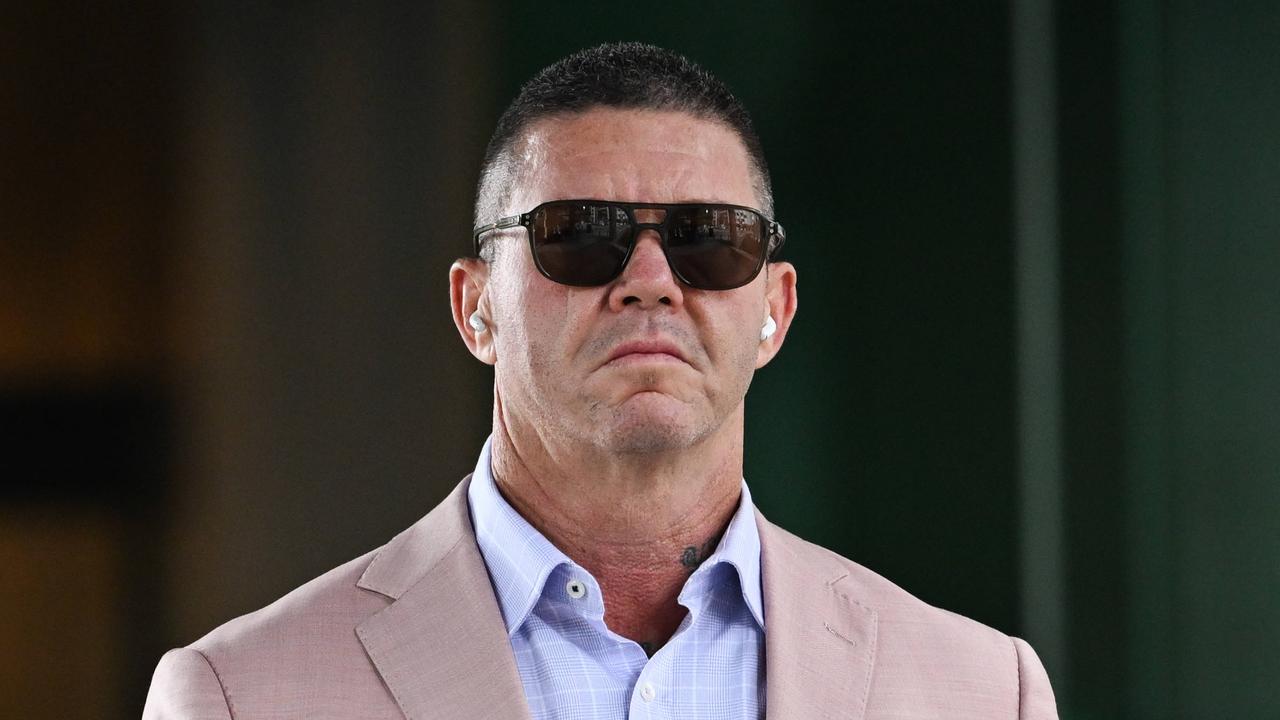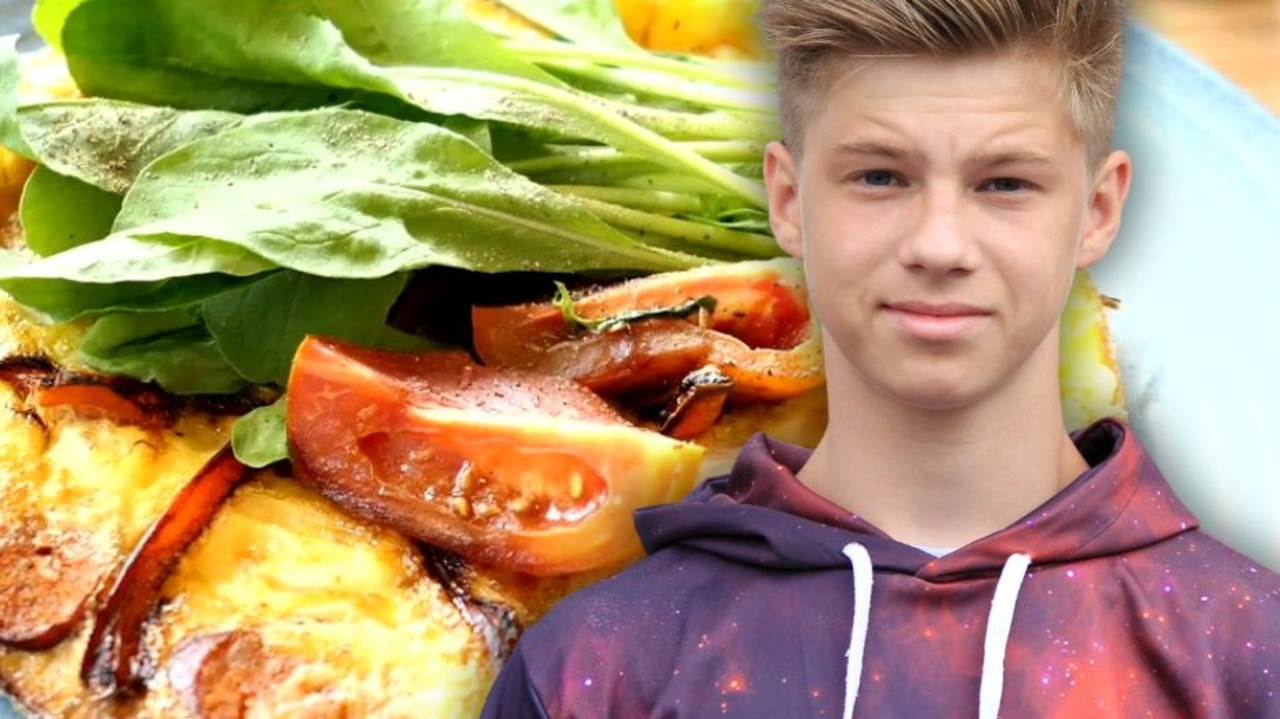Qld beef producers reel from twin impacts of US tariffs, floods
Premier David Crisafulli has some reassuring words for Queensland graziers reeling from the twin impacts of US tariffs and flooding.
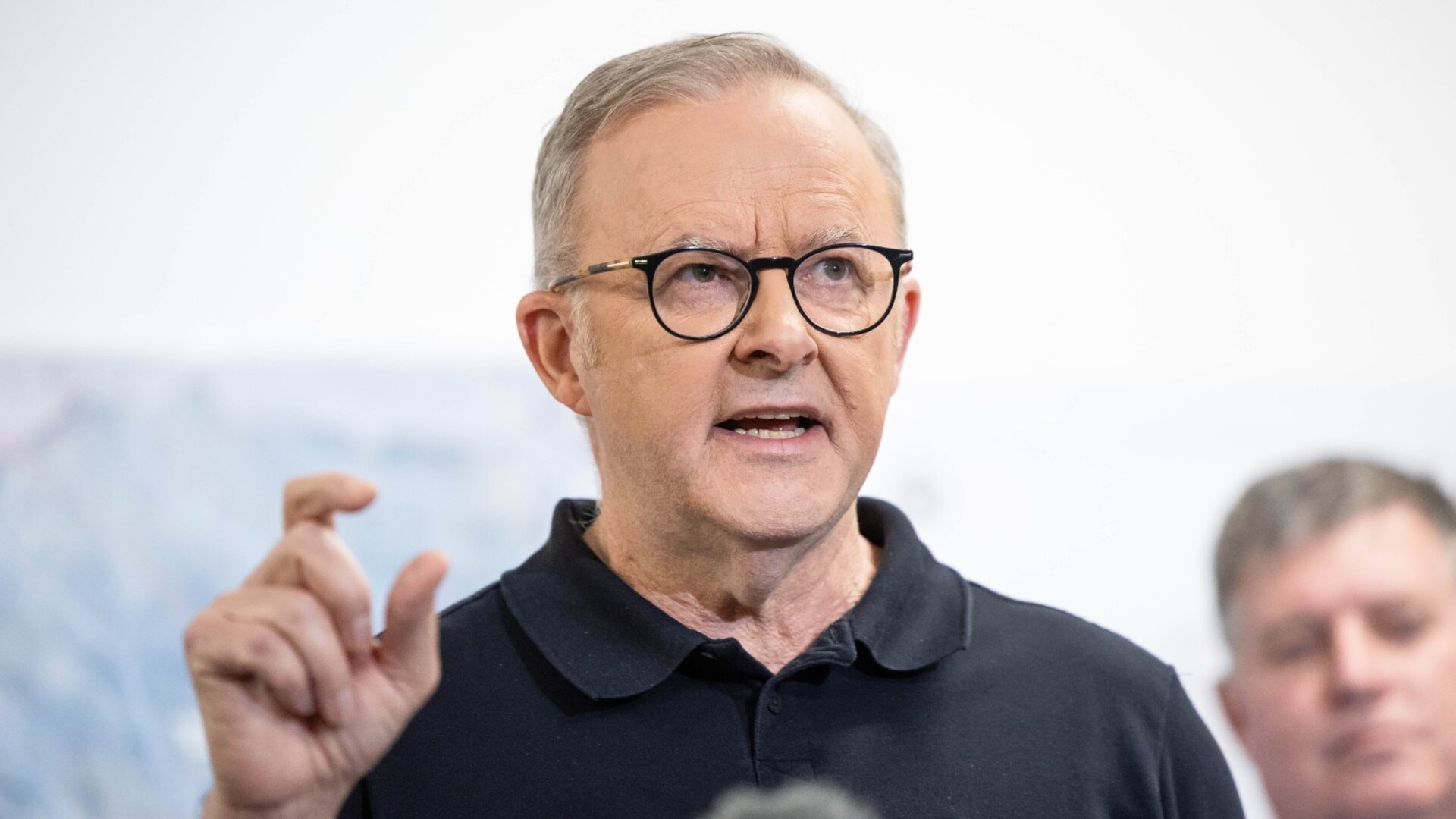
QLD News
Don't miss out on the headlines from QLD News. Followed categories will be added to My News.
Trade Minister Ros Bates is “doing bloody well” finding alternative markets for Queensland graziers reeling from the twin impacts of US tariffs and flooding, the Premier says.
David Crisafulli condemned US President Donald Trump’s tariffs at the weekend, saying they were unfair and badly timed for the state’s beef producers, who relied on their biggest trade partner and ally for their income.
“The notion that it’s a reciprocal tariff, and linking a GST to that, is a flawed logic, and it has to be called out,” Mr Crisafulli said.
“The impact won’t be as great as other nations that have higher tariffs, but it’s still an impact, nonetheless, at the worst possible time, which means we do have to look at other options.”
Mr Crisafulli had faith in Ms Bates being able to find other markets, even as other affected competitors such as Brazil were slammed with tariffs too.
It cane as Australian Defence Force aircraft transported fuel and fodder to rain-drenched western Queensland, in efforts to reduce livestock losses, which was estimated to be 150,000.
While the toll had slowed, Mr Crisafulli expected it to climb.
“As it goes to the next phase, there will be a bigger focus on repairing fences and making sure that their animals have to be buried, that people find bits of assistance with some larger equipment,” he said.
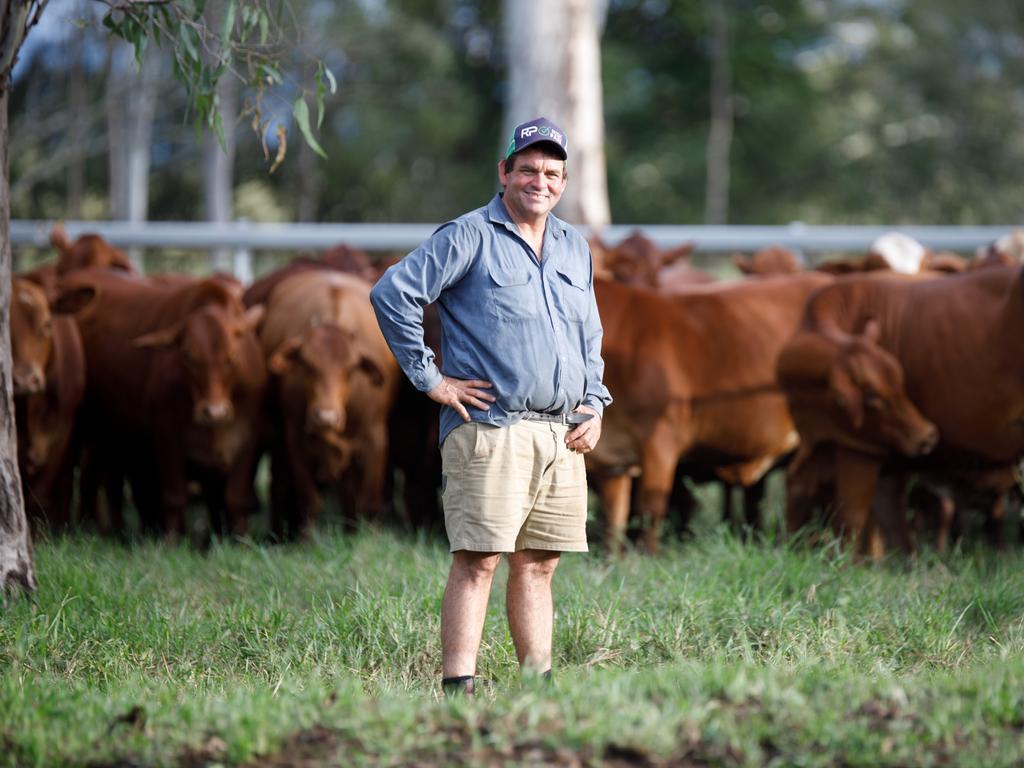
Quilpie Mayor Ben Hall said the town remained cut off from Charleville 210km east, as water was taking longer than expected to recede, and so food had to be transported by plane.
He was concerned with disease being spread by feral pigs, but was also worried about tariffs having a large impact on western Queensland’s economy.
“The industry doesn’t need another blow,” Mr Hall said.
“We’re already seeing increase of interest rates … a 10 per cent tariff’s not a great thing, but at the end of the day we’ve lost probably 50 per cent of our stock in regards to the beef.
“So yeah, it’s not going to be good.”
Grazier Will Wilson, of Calliope in Central Queensland, said his farming community was more worried for their western peers’ recovery, but a change in the market was of vital importance to his income.
The fourth-generation farmer said 70 per cent of his farm products relied on exports.
Mr Wilson said his farm worked off supply and demand for his beef and slammed the decision to put a stop to the US-Australia free trade agreement.
“A lot of our markets have been opened up by free trade and put us in a situation where we have tariffs, we already have tariffs into Europe,” he said.
But Mr Wilson remained confident Americans would still want Australian beef in their burgers.
“It’s a real test how much they like our products,” he said.
More Coverage
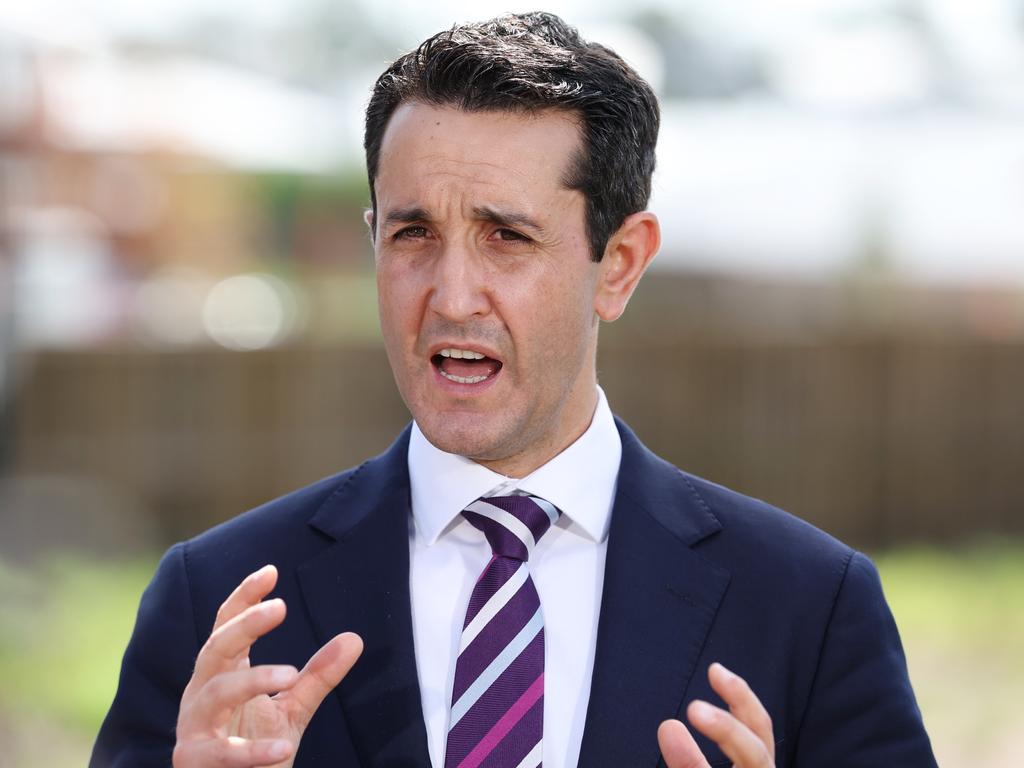
Originally published as Qld beef producers reel from twin impacts of US tariffs, floods



